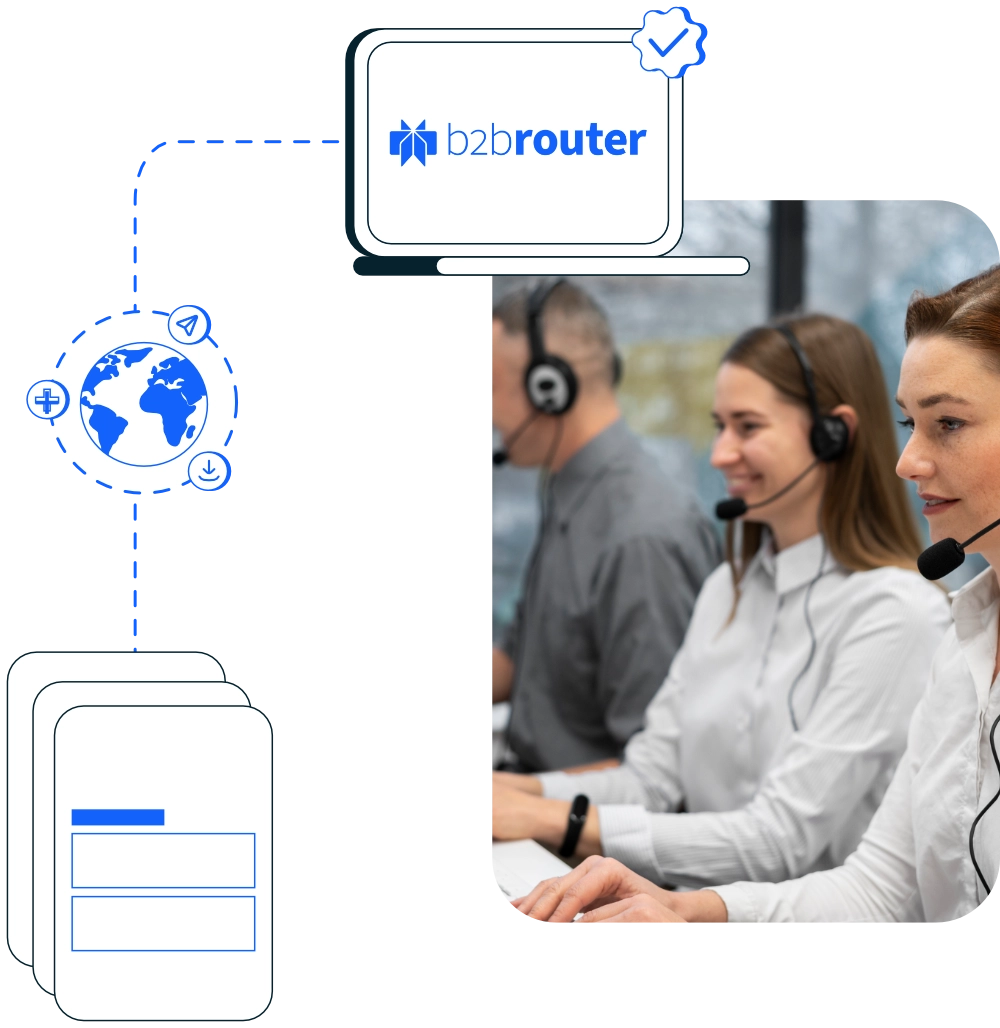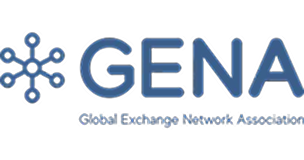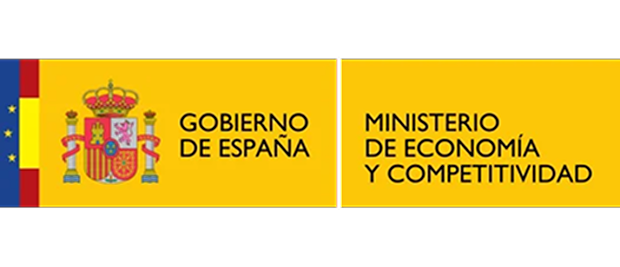Since October 2023, Japan has implemented the Qualified Invoice System (QIS) under its Consumption Tax (JCT) framework. This system requires businesses to issue “qualified invoices” to allow buyers to claim input tax credits. These invoices must include mandatory data such as the supplier’s JCT registration number and a detailed tax breakdown. Although electronic invoicing is not mandatory, the Japanese Digital Agency actively promotes its use through the Peppol network. To support this, Japan has adopted the JP PINT format—a localized version of the international Peppol PINT standard for structured e-invoices.
To further encourage adoption, the government has introduced temporary tax incentives. Until September 2026, companies may deduct 80% of input tax from non-qualified suppliers, and 50% until 2029. This transitional relief applies to businesses of all sizes and highlights the importance of aligning with QIS standards early, even before electronic invoicing becomes mandatory in 2027.
B2Brouter is connected to the Peppol network as a certified Access Point, allowing businesses to issue and transmit JP PINT-compliant e-invoices in full accordance with Japanese regulations. In this guide, you’ll find the key formats, requirements, and deadlines to help you implement e-invoicing confidently and prepare your company for future enforcement.
Important dates
January 1, 2027
Mandatory e-invoicing requirements are expected to be enforced for qualified invoices.
Legislation
- B2G invoicing status
Electronic invoices are accepted in public sector transactions, though not yet mandatory.
- Accepted formats
Japan uses the JP PINT format, based on Peppol BIS Billing 3.0, for structured electronic invoicing.
- Delivery channels
E-invoices are exchanged via the Peppol network using certified Access Points such as B2Brouter
- Regulating authority
The Qualified Invoice System is governed by the National Tax Agency (NTA) in coordination with Japan’s Digital Agency.
- Archiving requirements:
Electronic invoices must be archived for 10 years. B2Brouter ensures secure and compliant digital storage, even across borders.
- Qualified Invoice System (QIS)
Since 2023, qualified invoices are required to claim input tax credits under the JCT. Format and content are strictly regulated.
B2B and B2C e-invoicing
B2B e-invoicing is strongly encouraged; B2C is optional and still uncommon.
Tax credit conditions
Only invoices issued under QIS are eligible for consumption tax deductions.
Registration process
Businesses must register with the NTA to obtain a JCT taxpayer ID before issuing qualified invoices.
Send e-invoices to Japan securely with B2Brouter
Certified Peppol Access Point for JP PINT
B2Brouter is a Peppol-certified provider connected to Japan’s invoicing system, supporting the JP PINT format.
Cross-border invoicing made simple
Connect with global partners using Peppol. Easily exchange invoices with Japanese and international clients through the Peppol network.
Fully compliant with QIS standards
Send qualified invoices that meet all Japanese regulatory requirements and support input tax deductions.

Certifications
B2Brouter is certified with the ISO 27001 standard on information security management, certified as a Peppol Access Point Service Provider and a member of the EESPA.





